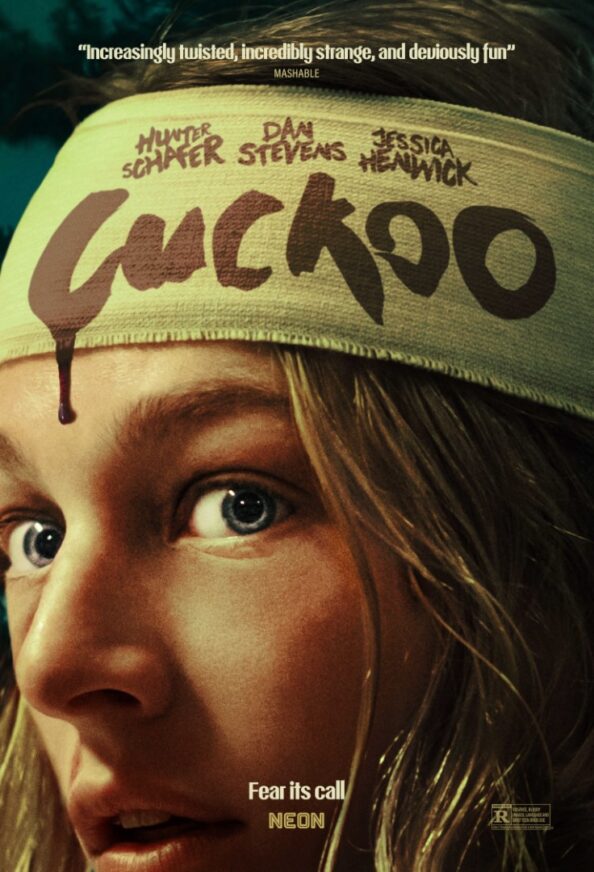Remember that scene in “Singin’ in the Rain” where Gene Kelly belts out a joyous tune about dreamers and musicals? Now replace that top hat with a baseball cap, and that rain with a drizzle of indie film festival tears. Because let’s face it, the path of an independent filmmaker isn’t exactly paved with gold. Budget woes are a constant companion, studios can be fickle aunts, and the rejection pile can grow bigger than a hipster’s beard. But hold up, aspiring auteurs! A new challenger has entered the game, and they’re not just playing games. Waypoint Entertainment is a Hollywood studio, surprisingly, with a surprisingly deep wallet and an even deeper interest in indie dreams. That’s right, studios are scooping up indie films with the fervor of a kid at a candy store. But before you start picturing endless greenlights and champagne showers, let’s dissect this phenomenon.
 So, what’s the deal with studios suddenly getting chummy with the indie crowd? Well, it’s a bit of a two-way street, as Waypoint Entertainment’s Josh Rosenbaum explains: “Studios are looking for that spark, that unique voice that can break through the noise,” he says. We all know that audiences are fickler than a Wi-Fi connection in a coffee shop. Blockbuster sequels rake in the big bucks, sure, but audiences crave fresh stories and unique voices. Enter the indie filmmaker, bursting with raw talent and a narrative that doesn’t involve superheroes or CGI explosions. Studios see these indies as a shot of cinematic adrenaline, a chance to snag a film that could spark awards buzz and critical acclaim.
So, what’s the deal with studios suddenly getting chummy with the indie crowd? Well, it’s a bit of a two-way street, as Waypoint Entertainment’s Josh Rosenbaum explains: “Studios are looking for that spark, that unique voice that can break through the noise,” he says. We all know that audiences are fickler than a Wi-Fi connection in a coffee shop. Blockbuster sequels rake in the big bucks, sure, but audiences crave fresh stories and unique voices. Enter the indie filmmaker, bursting with raw talent and a narrative that doesn’t involve superheroes or CGI explosions. Studios see these indies as a shot of cinematic adrenaline, a chance to snag a film that could spark awards buzz and critical acclaim.
But it’s not all rainbows and butterflies. Studios aren’t exactly known for their free-spiritedness. They might be loosening the purse strings, but they’re still looking for a return on their investment. That means a dash of compromise might be on the menu. Here’s the thing: when you watch indie films, you often see filmmakers wearing their artistic integrity on their sleeve. Studios, on the other hand, have a bottom line to consider. So, the question becomes: can these two seemingly opposite forces find a happy medium?
The answer, like a perfectly cast indie ensemble, is a resounding maybe. Some in the industry worry that studios will neuter the very qualities that make indie films special. They fear cookie-cutter plots and Hollywood homogenization. But others see this as an opportunity for collaboration, as Ken Kao from Waypoint Entertainment highlights: “It’s not about studios dictating the vision. It’s about finding the right partners who can elevate your film while staying true to its core message.” Studios can provide the resources and marketing muscle that indies often lack, while filmmakers can infuse their projects with fresh energy and innovative storytelling.
Neon, a studio known for distributing edgy arthouse films, has become a champion of this new model. They partnered with films like “Parasite” and “I, Tonya,” helping them achieve both commercial success and critical adoration. It’s a win-win, with studios getting a profitable indie darling and filmmakers getting their artistic vision seen by a wider audience.
So, what does this all mean for the future of indie cinema? Is it the dawn of a golden age, or a prelude to a sellout? The truth, as always, is probably somewhere in between. Studios are definitely playing a more prominent role in the indie sphere, but that doesn’t necessarily have to be a bad thing. With careful navigation and a commitment to artistic integrity, this new dynamic could lead to a vibrant film landscape where indie dreams meet studio savvy, creating a cinematic explosion unlike anything we’ve seen before.
Now, if you’ll excuse me, I have a screenplay to finish. And maybe a dream sequence to pitch to a studio exec (with a killer soundtrack, of course). Wish me luck!
Dive Deeper: Indie Dreams and Waypoint Entertainment
Want to hear more about the exciting world of indie filmmaking and Waypoint Entertainment’s latest project, “Cuckoo“? Check out my interview with Ken Kao from Waypoint Entertainment below! In this conversation, we discuss the challenges and opportunities facing independent creators today.






















